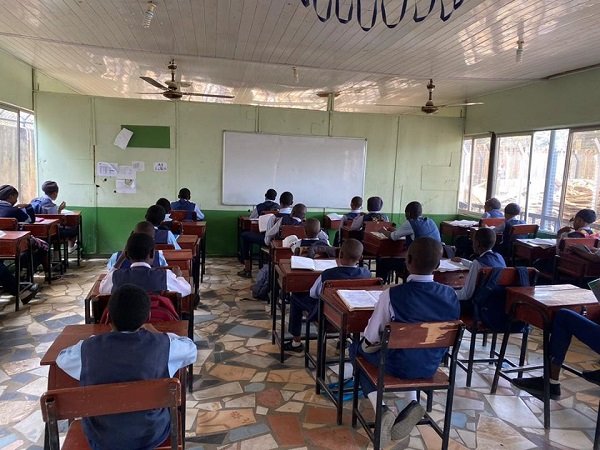A report by BudgIT, a civic-tech organisation, says only 18 percent of couples in Nigeria use modern contraceptives for childbirth spacing.
This was contained in the 2023 edition of BudgIT’s annual ‘State of States Report’ launched on Tuesday in Abuja.
The report titled ‘Subnational Healthcare Delivery for Improved Economic Development’, assessed the fiscal performance of all 36 states and spotlighted the state of healthcare delivery for improved economic development.
According to the report, among married people or those in unions, “just 18% use modern contraceptives for limiting or spacing births but the number rises to 32.5% among people who are not in a union”.
Advertisement
The report said contraceptive use ranges from 9 percent in the north-east to 29.8 percent in the south-west among married couples.
“Of concern is the share of the sexually active population without any method (whether modern or traditional) of contraception. This ranges from 64.6% in the south-west to 90.2% in the north-east,” the report reads.
“This suggests that more efforts are needed to educate the public about the use and benefits of contraceptives for family planning and for limiting unwanted pregnancies.”
Advertisement
The report said in under-five mortality figures, the south-west region “recorded the lowest figures at 48 deaths per 1,000 live births, while the north-west had the worst regional record with 158 deaths per 1,000 live births”.
“Within the south-west, the survey showed that Lagos and Osun met the SDG target of no more than 25 deaths per 1,000 live births,” the report reads.
“Similarly, Ebonyi in the south-east region met the under-5 SDG target. Other states must intensify efforts to reduce under-5 mortality rates for their citizens before the 2030 deadline.
“Fertility rate among women of childbearing age (15 to 49 years old) was highest in the north-west (6 births per woman on average) and lowest in the south-east and south-south regions (4 births per woman on average).
Advertisement
“Adolescent birth rate followed the same pattern, with the lowest numbers reported in the south-east while the north-west showed the highest prevalence of teenage pregnancies.
“Addressing teenage pregnancy in the country is important due to the increased risks and the health, emotional, and psychological challenges associated with teenage pregnancies.”
‘INSUFFICIENT REVENUE GENERATION HAMPERING POSITIVE OUTCOMES’
In his keynote address at the event, Olumide Okunola, World Bank health specialist, said Nigeria is “clearly not doing well in health spending”.
Advertisement
He said the suboptimal service delivery in health limits development outcomes and weakens the social contract between the state and citizens.
“As a nation, we are lagging in our demographic planning due to insufficient revenue generation, which hampers our ability to achieve positive health outcomes,” he said.
Advertisement
“There is a need to enhance the connections between the funds allocated and the resulting outcomes or achievements.
“We need to approach healthcare from a universal perspective and to grasp universality, we’d see that the number of poor and vulnerable individuals is growing daily due to factors like inflation, COVID-19, and global tensions.”
Advertisement
Add a comment






